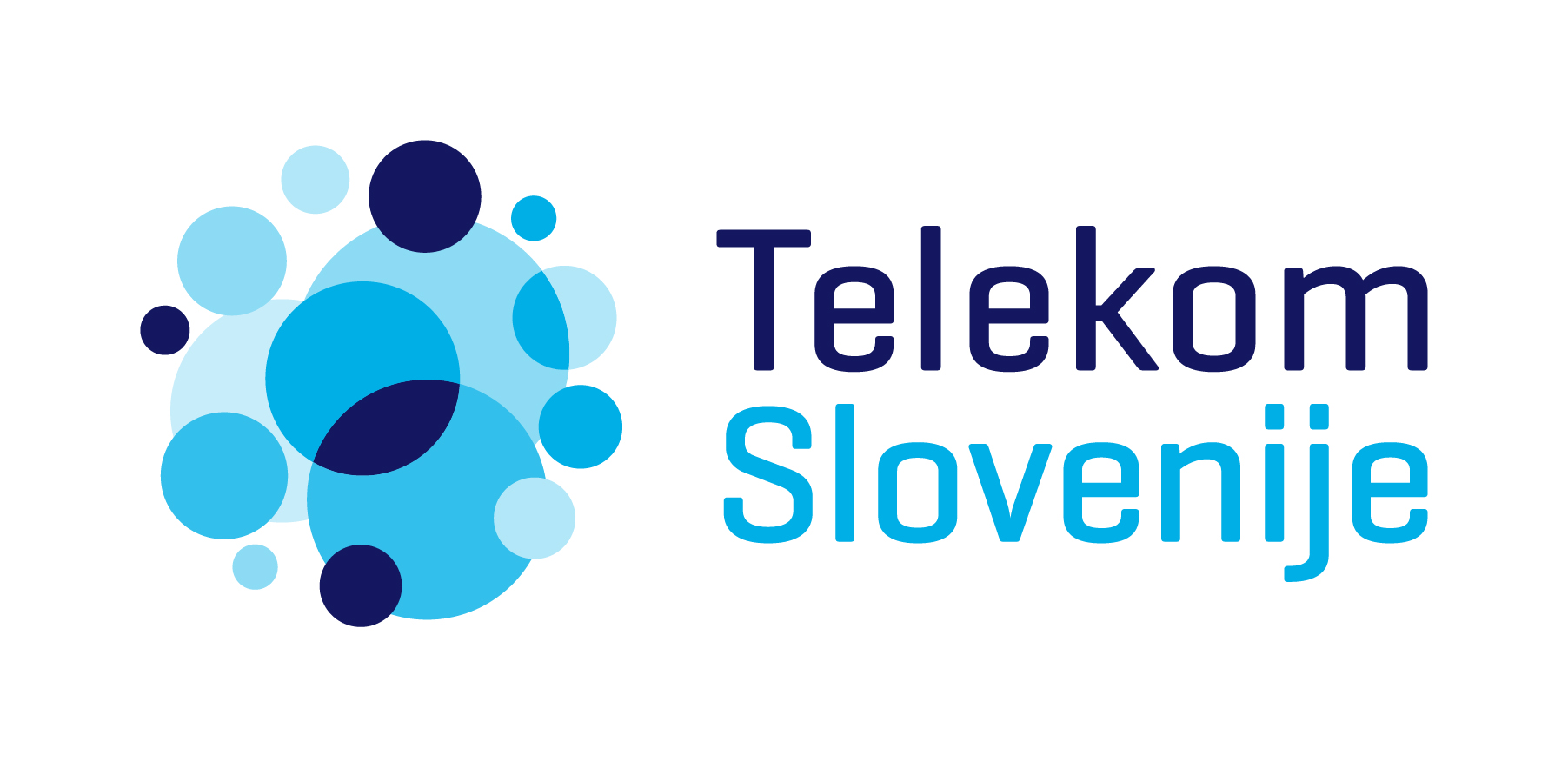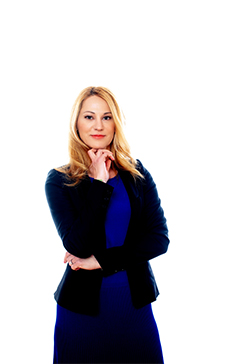A couple of days ago I got a phone call from a reporter who is writing an article on senior employment, specifically pointing out those over 50. As soon as I heard the number 50 I got shivers down my spine; are those over the age of 50 already considered to be “seniors”?
I am not quite there yet myself, but my husband is and many of our friends are too and they are all still very much active in their work and, if health will allow it, plan to continue to do so for many years to come. So why did the reporter consider these people senior employees? Let’s take a look at a couple of facts.
In a couple of decades we will live to 120 and work until we’re 90
Today we are expected to live up to 90-100, but that hasn’t always been the case. Centuries and even a few decades ago, the average human would physically not be able to work past the age of 60, which is when most people would already retire. At the time, people entered the workforce a lot sooner and left it earlier, which is certainly not the case anymore. Because of all the advances in healthcare and technology, our life expectancy is getting longer and longer. Talwar, a renowned futurologist, claims that today’s 10 year olds will live to 120 and continue working until they’re 100.
Do you see why considering a 50 year old a senior is outdated?
Just like they used to say 30 is the new 20, 50 is now almost the new 30. Today’s 50 year olds are fit, healthy and have an abundance of will and energy to excel at their work; basically, they are just like 30 year olds were 60 years ago. In our agency we specialize in middle and top management, which means we encounter lots of individuals who are 50+. If they are in good shape, it’s often individuals with a lot of energy, will and strong desire to continue working on their careers for at least another 15 years. Of course there are some that don’t fit that description, much like there are 20 and 30 year olds with zero energy and very little interest in their careers. Judging individuals solely based on their age-group is wrong, especially in today’s time when age really is becoming “just a number”. It might not be the same everywhere in the world, but I feel like here, some people are still stuck in the past and haven’t caught up with the current trends yet.
50 year olds are simply not “old people” anymore.
So if 50+ are not seniors, who is?
Of course, a lot depends on the type of work a person is doing. We probably won’t find many excellent sportsmen after the age of 50, or those doing tough physical work on a daily basis; but there are many jobs out there, which are not as physically tiring and allow individuals to do them for a long time. In the future there will be 4 to 5 different generations of people working at the same time and we need to learn how to adjust to that. And if those that are 50 are not seniors, those over 60 and 70 perhaps are, but does that mean that we should write them off immediately? Of course not! Those over 60 and 70 probably won’t be able to be as physically active, travel as much and be as fast as their younger colleagues, but they have something that others don’t- valuable knowledge. Many studies show that as we get older our mental abilities such as speed of problem-solving decrease, however, the knowledge that we have gained stays the same. Senior employees can be extremely valuable mentors and teachers to the younger generations because of the amount of practice and experience they have had.
Mentoring and inter-generational cooperation will be very important
Times are changing and that is a fact; various different generations will be working together at the same time. If we will want to remain interesting and competitive in the employment market, we will have to find a way to include all of the generations and find their strengths that can add to our value. By know everyone knows that the best teams consist of different kinds of genders, races and ethnicities, and the same goes for age; the more different perspective we have, the more we can do. We need to forget about past stereotypes and step into the future with open minds.



